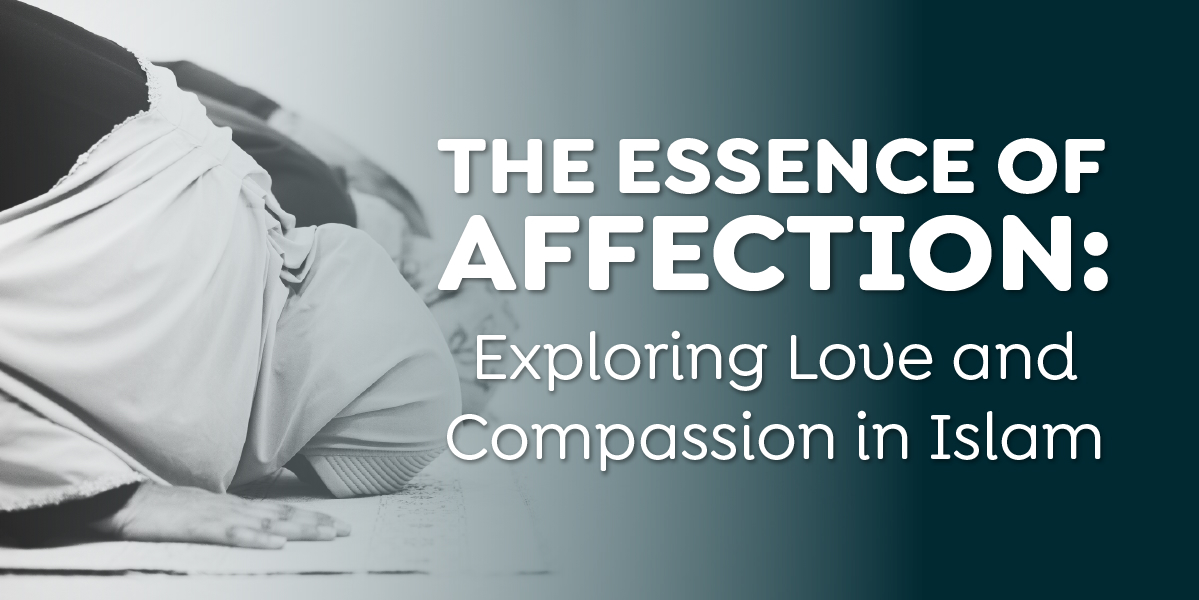Drug abuse is a global concern that transcends cultural and religious boundaries, affecting communities worldwide.
Introduction:
Affection, love, and compassion are fundamental aspects of human connection, and Islam places great emphasis on fostering positive relationships. In this blog, we delve into the Islamic perspective on affection, exploring how the teachings of Islam encourage and guide believers to express and cultivate love in various aspects of their lives.
- The Foundation of Affection in Family
- Love for Allah and His Messenger
- Spousal Affection and Compassion
- Parental Love and Respect
- Compassion Towards Children
- Brotherhood and Sisterhood in Islam
- Acts of Kindness and Charity
- Compassionate Leadership and Justice
- Self-Love and Spiritual Well-being
- Reflection on the Ultimate Affection






